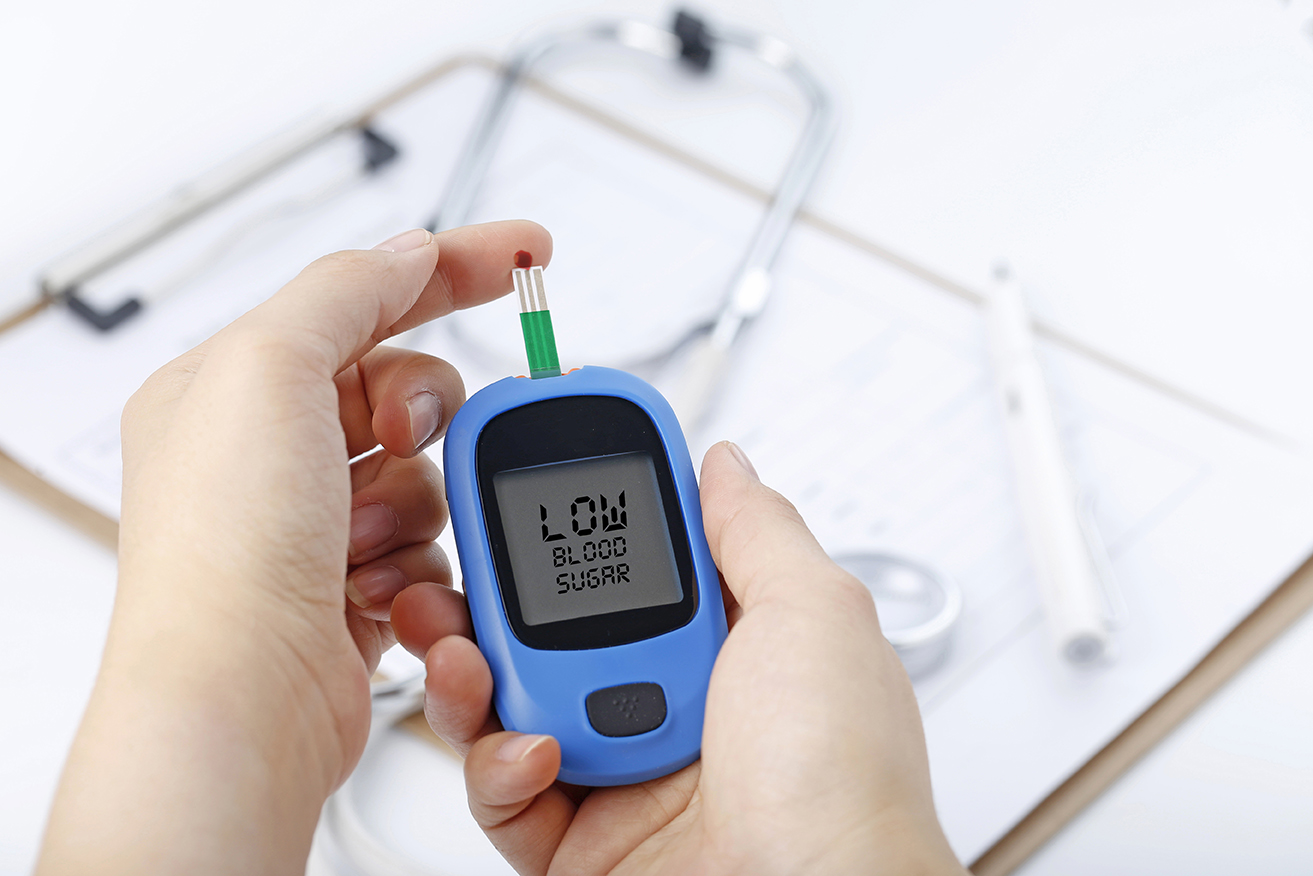
People with type 2 diabetes are at risk for hypoglycemia or low blood sugar. This is particularly true for those on insulin and oral diabetes pills that stimulate the pancreas to make more insulin. Exercise can also induce hypoglycemia.
Signs and symptoms of hypoglycemia include:
The only way to confirm whether you are experiencing hypoglycemia is to check your blood sugar. Hypoglycemia usually occurs when your blood sugar level drops below 70 mg/dL (3.9 mmol/L).
If hypoglycemia is not treated immediately, the brain will be starved of glucose. This may lead to seizures, coma, and very rarely death. To treat hypoglycemia, the American Diabetes Association recommends the “15-15 rule”:
1. Take 15 grams of a fast-acting carbohydrate to raise your blood sugar. This may be any of the following:
2. After 15 minutes, check your blood sugar again. If it’s still below 70 mg/dL, have another serving of a fast-acting carbohydrate.
3. Repeat these steps until your blood sugar is at least 70 mg/dL. Once your blood sugar is back to normal, eat a meal or snack to make sure it doesn’t fall below 70 mg/dL again.
Talk to your doctor about any episodes of hypoglycemia that you may have experienced. Your doctor can suggest ways to help you avoid low blood sugar in the future.
Get your health, beauty and wellness product online! Shop now at Watsons. Click here to start shopping.
-Medical Observer
Overweight and obesity are defined as abnormal or excessive fat accumulation that presents a risk to health. A body mass […]
Around 27 million Filipino adults are overweight or obese, according to the latest National Nutrition Survey conducted by the Food […]
Advances in scientific and technological knowledge have provided unprecedented advantages in terms of immeasurable convenience in our daily living, lightning-fast […]